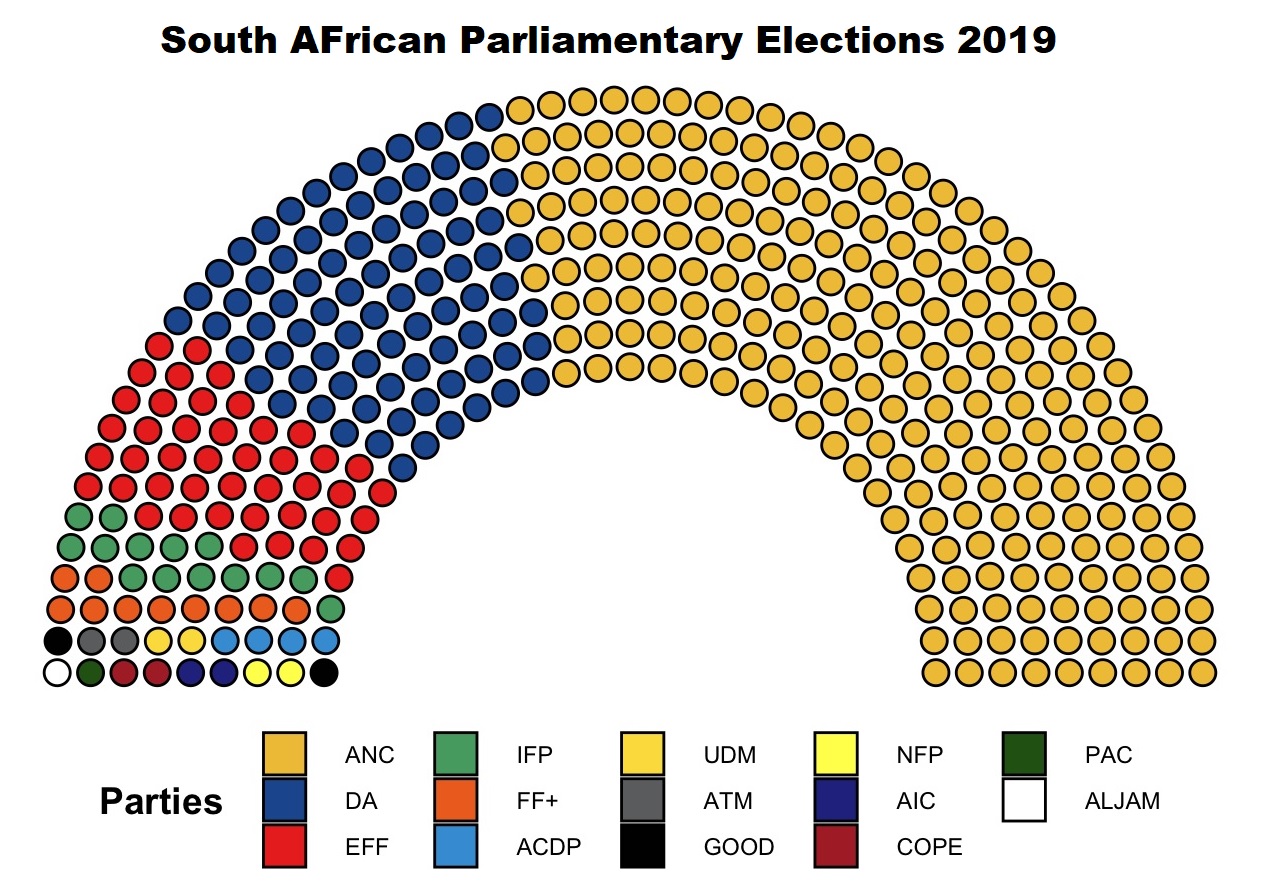Fundamentals of Data Visualisation
Dates
1-2 August
Register here.
Target Audience
The module is aimed at students, staff, or professionals who have some level of familiarity with programming in R using the tidyverse set of packages but would like to further their understanding of the fundamental principles of effective data visualisation as well the methods to implement these principles in R. Although not a pre-requisite, the module “Engaging Data with R” (29 – 31 July) is the ideal precursor for this module.
 Objectives
Objectives
This course is designed to teach participants how to apply the principles of visual theory, using modern, widely-used tools, to create effective, appropriate, and reproducible data visualisations. For any data analyst, data scientist or researcher, understanding how to communicate with data is now an essential skill. Knowing how, and why, some figures work is crucial for effectively exploring data, reporting results, and communicating with professional, scientific, and popular audiences. The focus of this course falls simultaneous on the principles of visualisation that underlie effective data communication as well as the skills to produce high quality data visualisations using the widely adopted ggplot2 grammar of graphics package and a number of popular extensions.
Expected Outcomes
By the end of this course participants will:
-
Understand the basic principles of visual theory as they relate to the presentation of data
-
Understand the fundamental principles behind effective data visualisation
- Know how to create a range of data visualisations in R using ggplot2
-
Know how to create advanced data visualisations with ggplot2 extensions
-
Know how to refine visualisations for effective presentation to different audiences.
The course will involve both lectures and practical components. Lectures will cover important theoretical topics as well as introduce practical methods and exercises to be completed by the participants during practical sessions.
Requirements
- Basic programming and data wrangling knowledge in R is expected as a pre-requisite for participation.
- Participants are expected to have their own laptop computers to follow along with the practical components of the course
Presenter
 Douglas Parry is a lecturer and researcher with the Department of Information Science at Stellenbosch University in South Africa. With research interests in Computational Social Science, Human-Computer Interaction, and Cyberpsychology, and a growing local and international publication track-record, he has experience with data-driven research projects across a variety of academic domains. He has over half a decade teaching experience across a variety of technical areas focusing on programming basics, database design, data analysis, research methods, data visualisation, and agile methodologies.
Douglas Parry is a lecturer and researcher with the Department of Information Science at Stellenbosch University in South Africa. With research interests in Computational Social Science, Human-Computer Interaction, and Cyberpsychology, and a growing local and international publication track-record, he has experience with data-driven research projects across a variety of academic domains. He has over half a decade teaching experience across a variety of technical areas focusing on programming basics, database design, data analysis, research methods, data visualisation, and agile methodologies.

